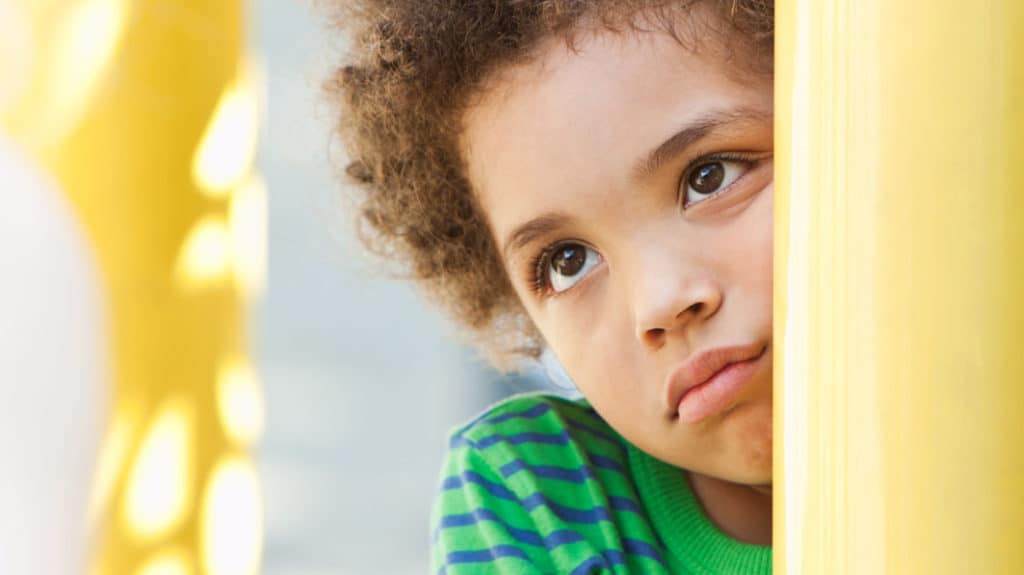
Bucking the Entitlement Trend
Do your teens have unrealistic expectations of what they deserve? If so, you may be training them to feel entitled. Break habit parenting habit of giving them privileges without responsibility.

Teaching children to respond with kindness even when others are bothersome.
My 3-year-old son, Easton, and I were at the
park one day when I ran into some acquaintances and their children. I
introduced my son to the other kids, and a 6-year-old boy started
calling him by the wrong name, as if to tease or annoy him. Seeing how
the wrong name upset my child only encouraged the older boy to continue.
I told my son to ignore the teasing, but it really seemed to bother him.
As we left, my son asked, “Why did that boy keep saying the wrong
name? That’s not my name.”
I wanted to tell him that the other
child was just being rude, but since my son would likely face similar
situations with other kids in the future, I recognized the incident as a
teachable moment.
First, I told my son that we often don’t
understand why people do upsetting or hurtful things. If we saw this
child again, our goal would be to treat him kindly, to help him behave
better by modeling loving actions.
So I told my son, “I don’t
know why he acted like that, but you know what we should do? Pray for
him!”
On the car ride home, we prayed for the boy in the park and
asked the Lord to help him be kinder and treat others as God would want
him to. I immediately felt better about the whole situation, as did my
son. Through this experience, he learned to pray for those who try to
annoy him, especially when there’s nothing he can do to change the
situation. Praying for others also allows our children to see other
children not as enemies, but as human beings with problems of their own.